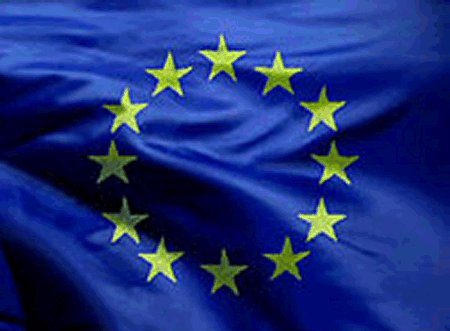Years of austerity are stifling Europe’s defence ambitions: anti-piracy warships are lacking off Somalia, riot police are stretched in Kosovo and not one EU military doctor can be found to go to Uganda.
Drastic cuts in defence spending over the past years are making it harder for the European Union to maintain military operations, officials warn, seriously denting a bid to build a common security policy.
“We have a real problem in Europe. We are not able to generate what we need for our missions,” said a senior EU official.
Strategic differences and a lack of willingness have also held up the EU common defence and security policy, with Britain preferring to work within NATO and opposing efforts backed by France, Poland and Germany to open an EU military headquarters.
Dwindling budgets, exacerbated by the economic crisis, are forcing European governments to shed national pride and team up with neighbours in order to maintain military might or relevance.
“Cooperation is no longer an option, it is a matter of necessity, and even a matter of urgency,” said Claude-France Arnould, the head of the European Defence Agency, which proposed areas where EU states could join forces.
EU defence ministers meeting in Brussels on Wednesday agreed to cooperate in 11 projects in various fields such as air-to-air refuelling aircraft, aircraft pilot training, and surveillance and reconnaissance assets.
The conflict in Libya, while a resounding success for the NATO alliance, was fraught with harsh examples of the EU’s deep military shortcomings even though Europeans led the fight.
European air forces quickly ran short of munitions, forcing the United States to fill the gap, while the US military provided three-quarters of critical air-to-air refuelling aircraft and reconnaissance flights.
In a stark illustration of the yawning gap between the United States and Europe, EU governments can field 42 air-to-air refuelling aircraft, compared to 650 US airborne tankers.
Top US defence officials have scolded European allies for cutting their military spending, bluntly telling them that they will no longer be able to rely on the United States as Washington faces its own dose of austerity.
US President Barack Obama also made it clear during a visit to Australia earlier in November that Washington’s strategic concerns were increasingly shifting to Asia.
“We must take into account the warnings from the United States, which is telling us that they will no longer do the work for us and that Europe must take its defence into its own hands,” Arnould said.
Between 2008 and 2010, the 26 nations that work within the EDA — all the EU minus Denmark — cut their defence spending by five percent to reach a total of 194 billion euros last year — dwarfed by Washington’s nearly $700 billion defence budget.
With fewer resources, the EU is struggling to maintain its current missions.
“Every time that the EU asks member states if they could make the necessary efforts to fill the needs of a mission, it gets no response,” said a senior EU diplomat.
The Atalanta anti-piracy mission off the Horn of Africa will only have three ships covering an area 10 times the size of Germany later this year before going down to two early next year. The operation needs a minimum of four-to-six ships.
The EU law and order mission in Kosovo usually requires at least 150 riot police, but it has a shortfall of 50 percent, the senior EU official said.
And the EU will likely have to accept an offer from non-member Serbia to provide a doctor for a mission to train Somali soldiers in Uganda, the official said.
EU foreign and security policy chief Catherine Ashton, the official added, says “we shouldn’t talk about future missions as long as we cannot maintain the current ones”.









